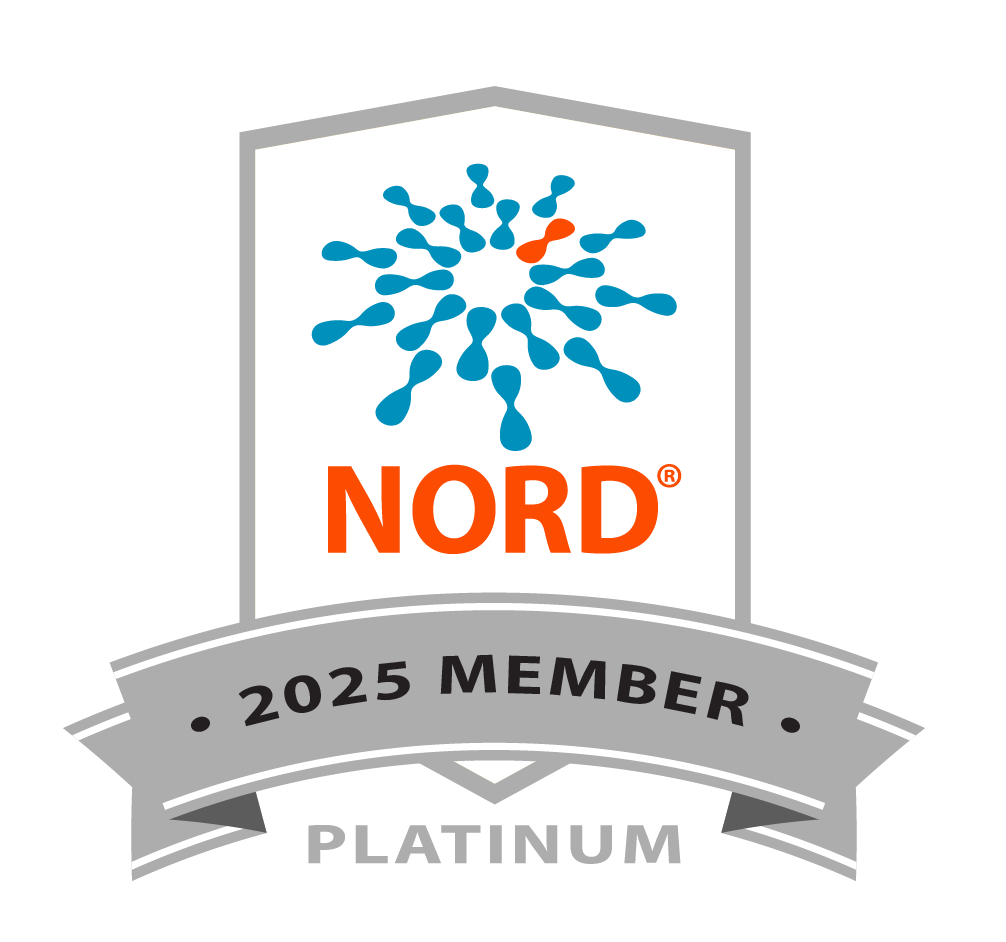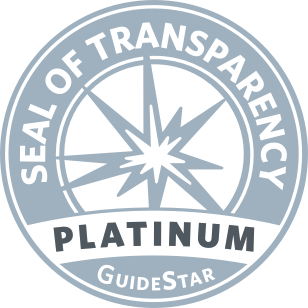Celebrating National DNA Day with Dr. Benjamin Bakall
Beacon Stories
April 25 is National DNA Day, commemorating the completion of the Human Genome Project and the discovery of DNA’s double helix. To celebrate, we’re spotlighting Dr. Benjamin Bakall, a retinal specialist and ophthalmologist at Associated Retina Consultants in Phoenix, Arizona. Dr. Bakall’s dedication to genetics and patient care highlights the importance of genetic testing in advancing treatments and cures for inherited retinal diseases.

Dr. Bakall at the Arizona VisionWalk.
National DNA Day is a global celebration that offers students, teachers, and the general public exciting opportunities to learn about the latest advances in genomic research and explore what that may mean for their lives. This day commemorates the completion of the Human Genome Project in 2003 and the discovery of DNA's double helix in 1953. To celebrate this day, we’re highlighting Dr. Benjamin Bakall, MD, PhD, a dedicated medical retina and inherited retinal dystrophy specialist at Associated Retina Consultants in Phoenix, Arizona.
Originally from Sweden, Dr. Bakall's passion for genetics began in high school, leading him to pursue an MD-PhD degree in genetics, where he was part of the team that discovered the gene for Best disease. His personal connection to macular degeneration through his grandmother exposed him to blinding diseases at an early age.
“I had my mind set on genetic eye disease even before I started my residency,” says Dr. Bakall. “Genetics can be simple in some ways, but then it can also be complex in many other ways, and that's why I think it's fascinating.”
Dr. Bakall's journey in ophthalmology specifically was fueled by his attendance at ARVO and other eye conferences, where he discovered the numerous genetic conditions within the field. His research funding brought him to the University of Arizona, where he completed a retina fellowship focused on inherited eye diseases. This research was funded by a grant from the Foundation Fighting Blindness, and it paved the way for his current position at Associated Retina Consultants.
As the director of the Inherited Retinal Disease and Visual Function Clinic at the Phoenix office, Dr. Bakall is deeply involved in genetic testing for patients with inherited eye diseases. He speaks several languages, including Spanish, allowing him to communicate effectively with his diverse patient base, which includes many Hispanic and Native American individuals. To further involve himself in the community, Dr. Bakall has served as the medical chair for the Foundation Fighting Blindness Arizona VisionWalk for the past several years and has spoken at numerous Foundation events. He has also conducted clinical trials on macular degeneration, diabetic retinopathy, and inherited retinal diseases, and he is an invited reviewer for a number of scientific journals.

Dr. Bakall posing with Foundation Arizona chapter president Fai and his husband Patrick at the Arizona VisionWalk.
“Just in the past few years, we have one approved gene therapy and several other treatments for genetic eye diseases in the pipeline,” says Dr. Bakall. “Ten years ago, there was only one active clinical trial, and now there are over 50, so it’s a really exciting time.”
The evolution of genetic testing over the years, from blood samples to saliva samples, has simplified the process and made it more accessible. Dr. Bakall emphasizes the importance of genetic testing for participation in clinical trials and the development of new treatments.
“If you want to be part of a clinical trial, you need to know what gene mutation is causing your disease,” he explains. “But there are other trials being done now that are gene agnostic. Regardless, there's a big need to educate patients on why it's important to do genetic testing, and the efforts by the Foundation Fighting Blindness to cover genetic testing have been huge. When I started in my practice, it was a struggle to do genetic testing. Insurance wouldn’t pay for it, which was very costly, but now we can offer it for free.”

Dr. Bakall standing in front of a PowerPoint slide at the Arizona VisionWalk Kickoff in January 2024, giving an update on Retinal Degenerative Disease Research.
Dr. Bakall's dedication to his patients goes beyond diagnosis and treatments. He’s seen thousands of people with inherited eye diseases and speaks with them daily, so he’s very experienced in the field. He directs his patients where to find support, including the best organizations, schools, assistive technology, and other resources. He even reassures his patients that they are not alone and encourages them to get involved with the Foundation Fighting Blindness to find support.
“I like to give my patients a positive message and help them feel supported,” says Dr. Bakall. “Just because your vision isn't perfect doesn't mean you can't be productive and have a great life.”
As we celebrate National DNA Day, we honor Dr. Bakall's contributions to the field of genetics and inherited eye diseases. His work exemplifies the spirit of innovation and hope that drives the Foundation Fighting Blindness and the broader research community.
“I knew all along gene therapy and stem cell therapy were coming; the question was just when will it be approved,” says Dr. Bakall. “And now the era is here. How genetics works hasn’t really been known that long in our history. We used to talk about gene therapies happening in the next 5-10 years, and now we’re enrolling people in clinical trials all over the country for these treatments, and it’s really amazing to be a part of.”
This Beacon Story is sponsored by Johnson & Johnson.





